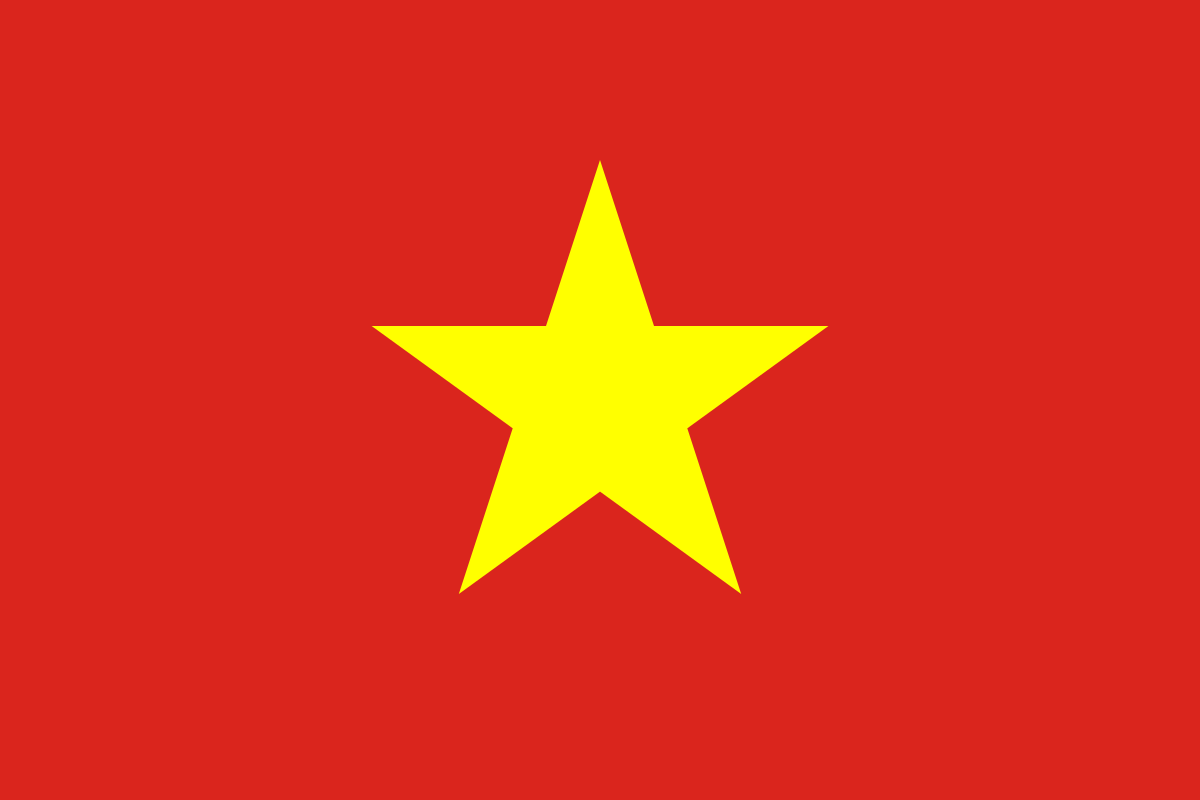Student Profile
Student Name: Mason
High School: Public high school in Massachusetts
Admitted to: Stanford University, MIT, Princeton University
Enrolled at: Princeton University
Mason’s Background
Mason is an outstanding student from a Massachusetts public high school who, despite early setbacks in the college application process, went on to receive offers of admission from three of the world’s most prestigious universities: Stanford, MIT, and Princeton.
Mason and his family first approached Ivy Talent with a sense of uncertainty after an early application round yielded unexpected results. Through a structured and collaborative process, Mason was able to develop a clear narrative, sharpen his focus, and present a compelling and authentic profile tailored to each university.
Working with Ivy Talent
Initially, Mason’s family believed they could manage the application process independently. Both parents had studied in the U.S. and were familiar with the education system; Mason was an independent and driven student. Although they had considered working with a counselor as early as 10th grade, Mason initially preferred to handle the process independently. His parents respected that decision.
As senior year began, Mason worked with an essay specialist to help with his college essays. However, when early action results came in and none were successful, it became clear that additional support was needed. A family friend, whose child had worked with Ivy Talent and had a positive experience, recommended the company. Mason and his parents reached out for a complete evaluation. During the initial consultation, Ivy Talent provided comprehensive feedback on Mason’s application materials. One key issue stood out: although his profile was strong, the overall application lacked cohesion. His activities and essays didn’t convey who he was. Mason acknowledged that he had struggled to connect his strengths and experiences into a cohesive narrative.
How Ivy Talent Helped
Redefining the Narrative
Once Mason and his family began working with Ivy Talent, we started the process of reshaping his application narrative. We worked closely with Mason to help him articulate his voice and refine how he expressed his experiences and goals. Through in-depth conversations and critical thinking exercises, we guided him in understanding how to present himself in a way that was both authentic and compelling.
We collaboratively tailored his regular decision applications to each school to reflect different facets of his identity, while maintaining a consistent, cohesive core narrative.
- For MIT, we emphasized his technical depth, research experience, problem-solving mindset, and his role as a positive contributor to his community.
- For Princeton, we highlighted his intellectual curiosity, thoughtful reflection, and his potential to make meaningful contributions to campus dialogue.
- For Stanford, we incorporated his sense of social responsibility, creativity, and humanistic perspective.
This strategic differentiation enabled Mason to demonstrate not just that he was qualified, but that he was uniquely aligned with the values and culture of each institution.
Essay Refinement
One of the most important shifts we helped Mason make was moving from a résumé-style list of accomplishments to more nuanced and meaningful storytelling. For example:
- Instead of simply listing his leadership in a summer camp, we helped him reframe the story to focus on his personal growth, how he overcame social challenges, and became a bridge between peers.
- A personal narrative about a failed PCR experiment evolved into a reflection on giving up a potential career in competitive sailing and finding community through his local sailing team.
- For Stanford’s essay on academic excitement, Mason wrote about incorporating AI into his mock trial team’s practices, a story that merged technical skill with critical thinking and creativity.
Maximizing Materials
We also guided Mason on how to present the same core materials differently across schools, emphasizing fit and resonance:
- At MIT, the focus was on his logical thinking and hands-on projects, restructured into four key activities that balanced depth and variety.
- For Princeton, the community essay became a space to reflect on how his lived experiences shaped his ability to listen, learn, and lead. Rather than centering on accolades, he focused on teamwork and shared learning.
- With Stanford, we pushed him to embrace what he once considered “too traditional”—and demonstrate how innovation can exist even in established spaces. His essays became an opportunity to bring out thought leadership, not just credentials.
Reflection
When Mason received acceptance letters from MIT, Stanford, and Princeton, he described his early application disappointment as one of the most formative parts of the process. That failure forced him to reconsider how he presented himself and led to a more honest and compelling self-portrait.
Mason shared that the best part of working with Ivy Talent was the structured, thoughtful process of self-discovery. He learned how to communicate clearly, reflect deeply, and think strategically.
His biggest takeaways:
- Selective colleges aren’t looking for perfect students; they’re looking for students who bring something unique to the table.
- Vulnerability often reads more powerfully than polished language.
- A good consultant doesn’t do the work for you; they help you uncover your own strengths, including the ones you didn’t know you had.
When Mason approached Ivy Talent after receiving no offers in the early round, we knew time was limited. Our team quickly conducted a complete evaluation and identified his key problem: despite an impressive academic and extracurricular background, his application didn’t present a unified image. It lacked clarity and direction.
We advised Mason to center his application around the theme of being a “community builder”—someone who contributes meaningfully to both academic and extracurricular environments. Though initially discouraged by the early results, Mason responded with maturity and focus. He was open to feedback, willing to revise, and deeply engaged throughout the process.
His success is a reflection not only of his achievements but also of his willingness to grow. Even after receiving offers from three of the world’s top institutions, Mason remained grounded, attributing part of his success to luck. He expressed sincere gratitude to those who supported him along the way.
This case study has been published with the student’s and his family’s permission. To protect his privacy, we use “Mason” in place of his real name throughout.
 中文
中文 Tiếng Việt
Tiếng Việt




